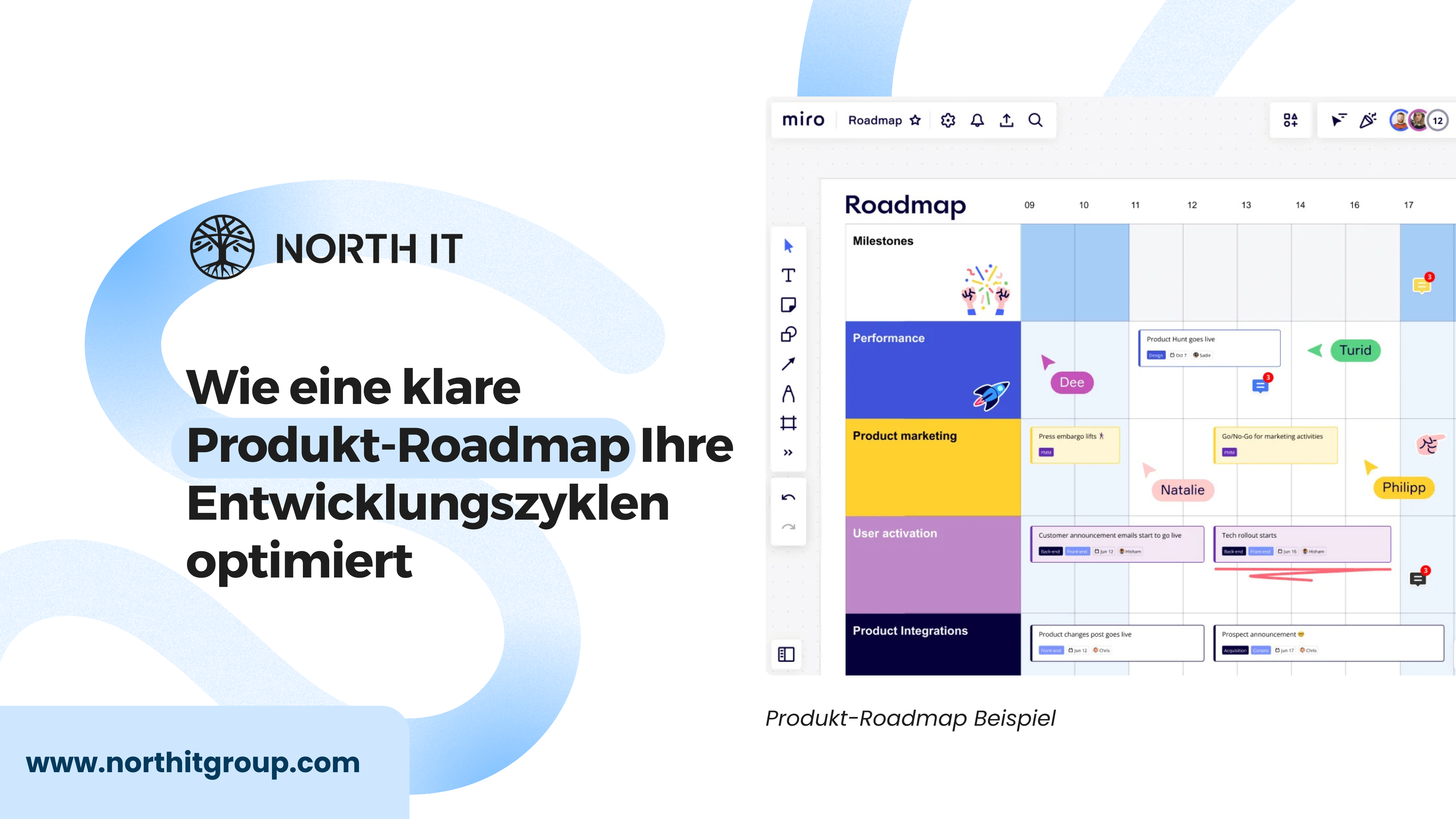Digitization in shopping: How e-commerce has changed the market
Digitization has revolutionized the world of shopping. With the advent of e-commerce, traditional shopping patterns have fundamentally changed. With web development companies creating powerful online stores like WooCommerce and Shopify, the shopping experience has changed.
Here's what you need to know
- Online commerce: 75% of the global population makes at least one purchase online each year.
- Web development: platforms like WooCommerce and Shopify are shaping the e-commerce landscape, with over 3.8 million users worldwide.
- Data analytics: Helps businesses understand the preferences of 2.14 billion online shoppers.
- Security concerns: about $15 billion is lost annually to e-commerce fraud.
- Mobile shopping: more than half of e-commerce sales are made on mobile devices.
- Artificial intelligence: chatbots and virtual assistants optimize customer service.
- Augmented reality: Augmented and virtual reality enable interactive product testing.
- Social commerce: Companies use social media for advertising, which reinforces the social commerce trend.
- Digital payments: Services such as PayPal facilitate secure transactions.
- Fast delivery: Offers such as same-day delivery are setting new standards, with drone technology holding the potential for future change.
- Personalization: Thanks to Big Data and machine learning, customers receive individualized recommendations.
- COVID-19 impact: the pandemic has accelerated the shift to online shopping and demonstrated that the digital shopping experience will continue to dominate.
The role of the web development company.
Web development firms have significantly influenced and shaped the e-commerce market. They are responsible for developing and maintaining e-commerce platforms such as WooCommerce and Shopify, which are used by millions of websites worldwide. By providing an intuitive and user-friendly interface, these platforms enable users to have a seamless online shopping experience.
In recent years, web development has played a key role in the transformation and evolution of the e-commerce market. Web development agencies or web design companies are the driving force behind the digital presence of companies in online commerce. They are responsible for transforming complex technical concepts into functional, engaging and efficient e-commerce platforms. Platforms like WooCommerce and Shopify are a prime example of their work. These are used by millions of websites worldwide. They specialize in developing such platforms that not only function flawlessly from a technical point of view, but also provide an intuitive and user-friendly interface. By providing such user-friendly interfaces, these platforms enable users to have a seamless online shopping experience. They make shopping easy, fast, and convenient and go a long way in enhancing the customer's shopping experience. Similarly, these platforms are capable of integrating a wide range of payment options to offer customers maximum flexibility in their transactions. Moreover, through regular maintenance and updates, web development firms ensure that these platforms are always up to date and meet the ever-changing requirements of the e-commerce market. They implement new features and improvements to enhance the user experience and increase conversion rates. In addition to developing and maintaining e-commerce platforms, development firms like North IT Group also offer a range of other services to help businesses succeed online. These include search engine optimization (SEO), social media marketing, content management, web hosting and more.
The importance of data analysis
Data analytics in e-commerce is far more than just a trend - it's an essential tool for any business that wants to succeed in the digital economy. In this day and age, with over 2.14 billion people shopping online worldwide, the ability to analyze and use data effectively is critical to business success. This is not just about simple sales statistics or revenue figures. Rather, deeper customer information plays a central role in staying competitive and providing customers with a satisfying shopping experience. By analyzing customer behavior, companies can identify and predict trends. They are able to understand the needs and preferences of their customers in order to adapt their products and services accordingly. This can mean, for example, optimizing their website or offering to match the interests and behavior of their customers. Such personalized offers increase the likelihood that customers will buy a product and thus increase sales. In addition, data analytics can help improve customer service. Companies can learn from the data which aspects of their service are particularly valued and where there is potential for improvement. This leads to increased user satisfaction and helps to retain customers in the long term. Last but not least, data analysis enables more effective pricing. By analyzing sales data and customer information, companies can dynamically adjust their prices to maximize profitability. This is especially important in the fast-paced world of e-commerce, where prices and competitive conditions are constantly changing. The importance of data analytics in e-commerce therefore cannot be overstated. It offers companies the opportunity to personalize their offerings, improve their service and price effectively. All of this leads to increased customer satisfaction and, ultimately, increased sales. An investment in data analytics is therefore essential for any e-commerce business.
The role of app development
App development has further enhanced the e-commerce experience. With over 53.9% of ecommerce sales made through mobile devices, mobile apps play a crucial role in modern online shopping. The use of mobile apps has revolutionized the shopping experience by allowing users to shop anytime, anywhere. They can browse through hundreds of products, compare prices, and place orders without leaving their homes. However, this convenience can also bring risks if the apps are not properly secured.
Online shopping security
In the age of digitalization and advanced Internet commerce, online shopping has become an everyday activity. It opens up the opportunity for consumers to buy products and services from all over the world from the comfort of their own homes. But there are downsides to this convenience. With about $15 billion lost annually to e-commerce fraud, security is an important aspect to consider when designing online shopping experiences. Any user who discloses their personal and financial information online must be confident that this information is secure. Not only is it a fundamental right of every individual to protect their data, but it is also essential for trust in online platforms. If users feel that their data is not secure, they are likely to hesitate to conduct online transactions. Therefore, the lack of data security can actually affect the growth and profitability of an online business. It is therefore crucial for businesses to implement robust security measures and protect user data. They need to invest in advanced security technologies to prevent data leaks and hacking attacks. For example, this includes secure connections, encryption technologies, two-factor authentication, and regular security audits. They also need to educate their users about data security best practices and provide them with the tools they need to protect their data. Companies should also be transparent about how they use and protect users' data. They should clearly communicate what data they collect, why they collect it, and how they protect that data. A transparent privacy policy can help gain users' trust and alleviate their concerns about data security. In summary, security is of paramount importance when shopping online. Companies that are able to provide a secure and trustworthy online shopping environment can not only avoid financial losses from e-commerce fraud, but also gain the trust and loyalty of their users.
The importance of secure payment methods
Another important aspect of online shopping security relates to payment methods. Businesses should offer multiple secure payment options to give users flexibility while protecting their data. Secure payment methods include credit and debit cards, PayPal, and other well-known payment service providers that have sophisticated security measures in place to prevent fraud. Companies should also ensure transparency about their security measures. They should clearly communicate what measures they take to protect users' data and how they would act in the event of a data leak. This can increase users' trust in the company and encourage them to continue using their services.
User awareness and education
In addition to companies' efforts to make their systems and apps secure, it is also important to raise users' awareness of the risks of online shopping and educate them on how to store online safely. Users should be encouraged to use strong passwords, update their data regularly, and exercise caution when encountering suspicious links or offers.
Conclusion on IT security
Online shopping security is a shared concern between businesses, developers and users. By implementing robust security measures, providing secure payment options, and educating users, we can all help make the shopping experience safer and more enjoyable. With the right approach and continued efforts, we can minimize risks and realize the full potential of online shopping.
Image source: North IT Group



